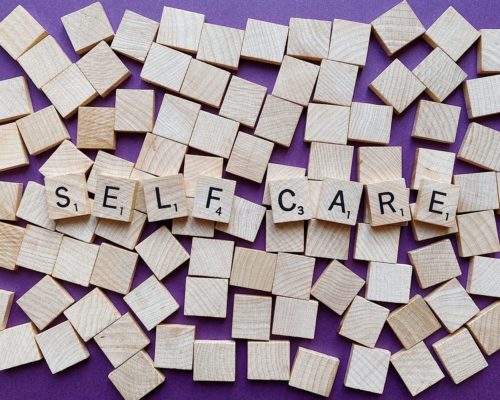Few months back, my friend Navya called me and talked about her never ending feeling of being tired and exhausted. Navya works for a consultancy firm and is a mother of two kids. After her long workday, she spends all her time with kids. She feels guilty that she has to keep kids with a nanny when she is at work, and believes that she can be a better parent by spending all her after hours with them. Even though she tries her best, she often feels tired, exhausted and loses her patience with kids. Listening to her struggle, I asked her if she would be keen to join me for a short meditation class. She agreed to give it a try. Slowly she started enjoying it and after few weeks of doing meditation she has realized that spending some time on herself has improved her time with her children, as she has more energy to play games and have fun time with kids.
This sounds familiar, doesn’t it? We, often struggle to justify self-care for various reasons, like prioritizing the need for others, work responsibilities, childcare etc. However, it is a well proven fact that if you practice self-care, you will be well equipped to manage stress, perform better at work, and provide support to family and others.
Self-care involves a variety of activities that we all engage in to promote physical, mental, and emotional health. Regular self-care has also been associated with enhanced longevity. It is evident that self-care is essential to our well-being, yet barriers to engaging in self care remain prominent.
So, how is it that we can get out of the feeling of guilt that arises because of the myth that self-care is selfish. One of the easiest ways to overcome barriers is to follow the 3P’s approach.
- Plan for self-care: the first way to initiate anything is to plan for it. So, think about a self-care activity like exercise, meditation, writing journal or sport, that will work for you. Make your plan by deciding about the specific time and days that will suit you best. e.g. if you plan to exercise, select a time which is the most conducive and the chances of you getting interrupted is minimal.
- Protect self-care: second important thing for any plan to be successful and show some positive outcomes is consistency. Try to protect your self-care activity by not committing to other activities on that time and day.
- Proceed with self-care: last but not the least, keep reminding yourself that self-care is not being selfish and taking out this one hour to do my activity will in turn equip me to support others. This positive thought will work as a support in your journey of caring for yourself.
I encourage you to pick only one activity and integrate it as part of your daily routine.
It’s time that you let go of the guilt and prioritize self-care.


